- Listen
ChooseFI Podcast
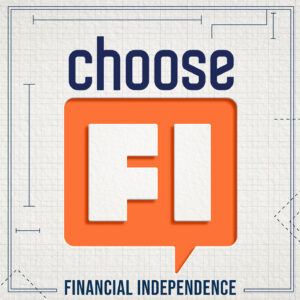
Home to The World’s Largest Financial Independence Community
Join Brad Barrett each week as he breaks down the most current topics and trending issues within the Financial Independence community. You’ll learn life-changing tips and actionable advice to help you rethink how to pay off your debt, slash your grocery bill, reduce living expenses, travel the world for nearly free, and live your best life.
Most Recent Episodes
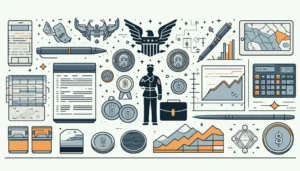
This episode focused on Military FI covers survivor benefit plans, VA benefits, VSO disability benefits, tax planning, healthcare, and blended retirement systems.
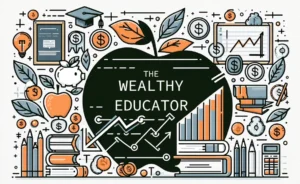
In this episode: public service accounts, side hustles, making FI possible, frugality, giving yourself freedom, and side hustles.

In this episode: Spending down to zero, the ratcheting rule, the guardrails approach, high-fee 401(k)s, and mini-retirements.
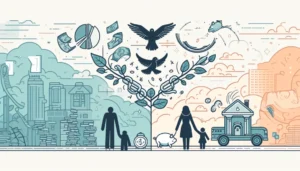
In this episode: wants vs needs, side hustles, tax planning, college hacking, travel rewards, mindset, and living your values.
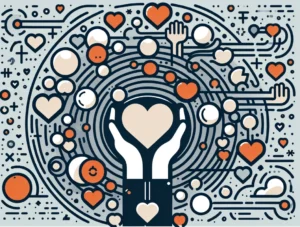
Is it better to give to charity in a lump sum versus incrementally? What are the tax implications of donating? What are the benefits of using donor advised funds? This week we answer these questions and more with the help of…

In this episode: Salesforce, lifestyle design, testimonials and verification, the hidden job market, and talent stacking.
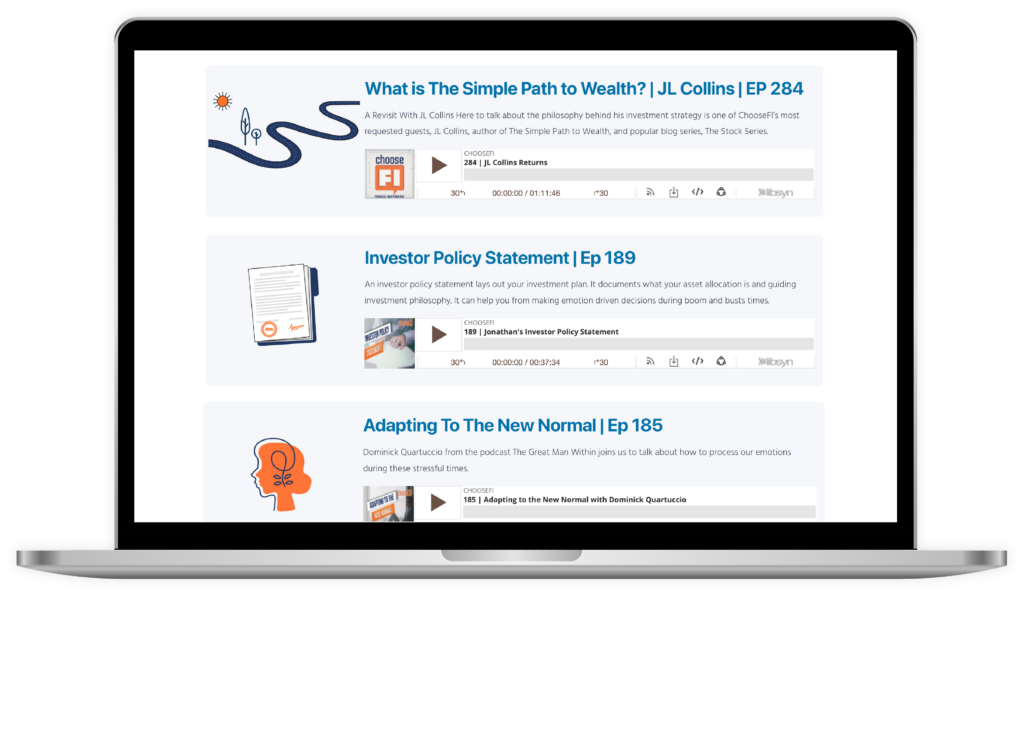
Are you new here?
Essential Listening Guide
Here we’ve selected some of our favorite episodes that we hope will both introduce you to the ChooseFI community and answer some of the most frequent questions new listeners tend to have.

